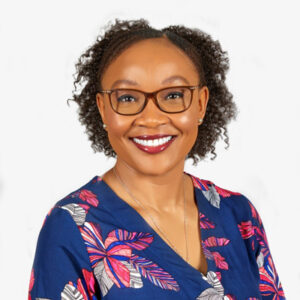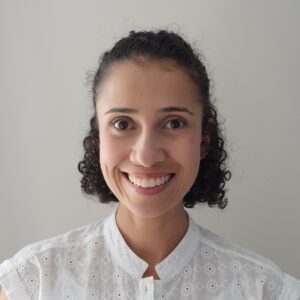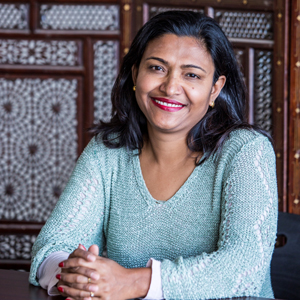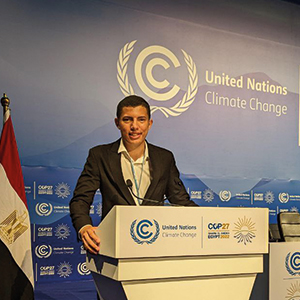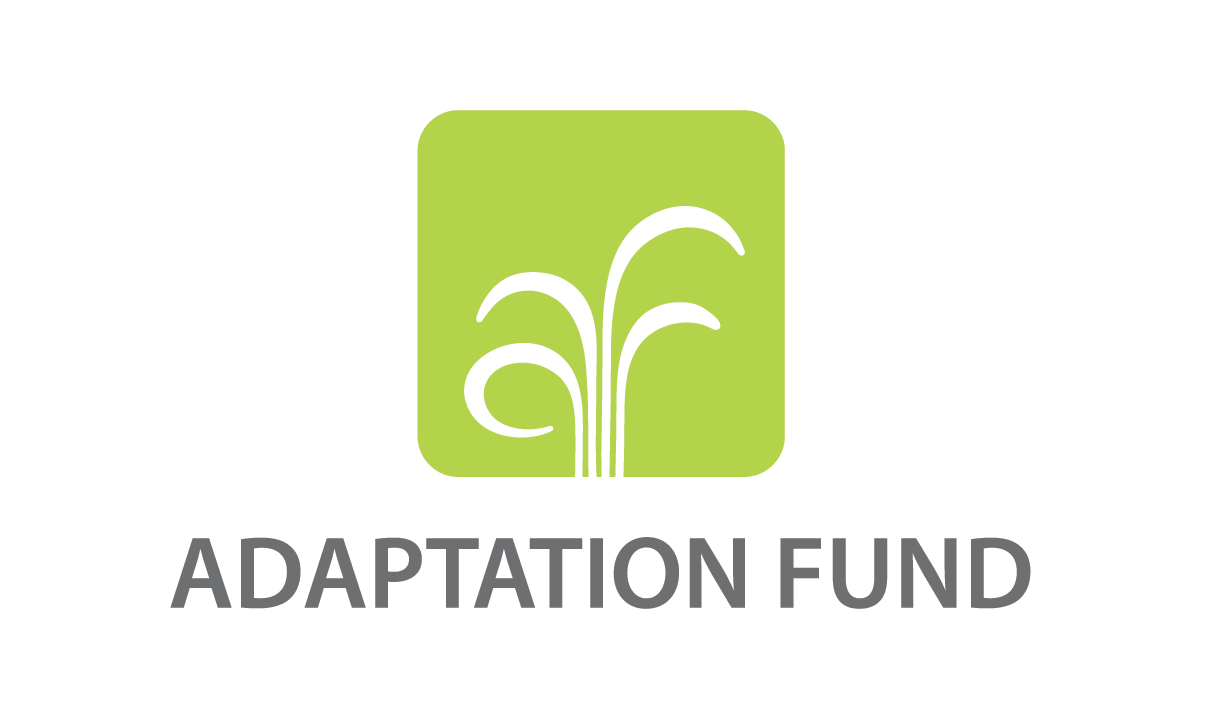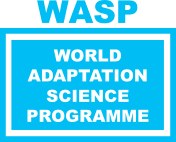Plenaries

Opening Plenary
Words from the frontlines
October 3, 8.30am-10:30am – Hybrid format
Indigenous Opening
Welcoming words from the organisers
By Alain Bourque, Executive Director Ouranos, and Anne Hamill, Associate Vice-President, Resilience, International Institute for Sustainable Development, Conference Co-Chairs
Opening words from dignitary
With:
The Honourable Steven Guilbeault, Minister of Environment and Climate Change of Canada
Benoit Charette, Minister of the Environment, the Fight Against Climate Change, Wildlife and Parks of Québec
Valérie Plante, Mayor of Montreal
Guy Cormier, President and CEO of Desjardins Group
Mikko Ollikainen, Head of the Adaptation Fund
Testimony from the frontline
With Liteboho Makhele, Julia Santos Silva, Amina Maharjan and Mohab Sherif
Keynote by Sheila Watt Cloutier
Guest Speaker
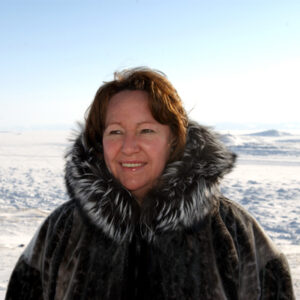
Sheila Watt-Cloutier
Nobel Peace Prize nominee Sheila Watt-Cloutier is in the business of transforming public opinion into public policy. Experienced in working with global decision-makers for more than a decade, Watt-Cloutier offers a new model for 21st century leadership. She speaks with passion and urgency on the issues of today — the environment, the economy, foreign policy, global health, and sustainability — not as separate concerns, but as a deeply interconnected whole. At a time when people are seeking solutions, direction, and a sense of hope, this global leader provides a big picture of where we are and where we’re headed.
In 2007, Watt-Cloutier was nominated for the Nobel Peace Prize for her advocacy work in showing the impact of global climate change on human rights — especially in the Arctic, where it is felt more immediately, and more dramatically, than anywhere else in the world. Watt-Cloutier is an Officer of the Order of Canada, and the recipient of the Aboriginal Achievement Award, the UN Champion of the Earth Award, the Norwegian Sophie Prize, the Jack P. Blaney award for Dialogue, and the Right Livelihood Award, which is widely considered the “Nobel Alternative”.
From 1995-2002, Watt-Cloutier was elected the Canadian President of the Inuit Circumpolar Council (ICC). She was later elected in 2002 to become the International Chair of the ICC, representing the 155,000 Inuit from Canada, Greenland, Alaska, and Russia — she held this post until 2006.
Widely recognized for her influential work, Watt-Cloutier gave a TEDx Talk in 2016 titled “Human Trauma and Climate Trauma as One”. She is also the author of the memoir, The Right to Be Cold: One Woman’s Story of Protecting Her Culture, the Arctic and the Whole Planet, which was nominated for the 2016 BC National Award for Canadian Non-Fiction and the Shaughnessy Cohen Prize for Political Writing. In 2017, the book was shortlisted for CBC Canada Reads, defended by Chantal Kreviazuk. Watt-Cloutier was also shortlisted for the Kobo Emerging Writer Prize.
Speakers
Liteboho Makhele
Liteboho Makhele is a seasoned Sustainability Specialist and Programme Manager with 20 years’ experience working across public and private sector organisations on applied research, education and community buildings, urban regeneration, environmental sustainability and climate change mitigation and adaptation.
In her current role as Programme Manager: Sustainable and Resilient Cities at the South African Cities Network, she focuses on climate change adaptation, water security and resilience, energy diversification and integrated waste management in the metropolitan municipalities of South Africa. Liteboho’s work also places emphasis on the institutional shifts and governance arrangements required for the acceleration of sustainability transitions in cities.
She is a Salzburg Global Fellow for Parks for the Planet Forum, a mentor on the Emerging Urban Leaders (EUL) Program co-convened by Salzburg Global Seminar and World Urban Parks and is a Danida Fellow for Environmental Governance. Liteboho is also a moderator of the Sustainable Cities module of the Post Graduate Diploma in Sustainable Development at the University of Stellenbosch.
Julia Santos Silva
Passionate about working with communities, Julia Santos Silva received a master’s degree in environmental engineering from Santa Catarina Federal University, Brazil, and completed a PhD in Regional Development from the Université du Québec à Rimouski in 2017.
Her research focused on the challenges that characterize collective learning processes in governance, in a climate change adaptation context. During four years of field research, and as a research professional of the Community-University Research Alliance (CURA) on the Coastal Communities Challenges of St. Lawrence River, she has accompanied communities that were differently confronted by climatic hazards, which was decisive for her understanding of certain issues affecting both adaptation and territorial development.
Since her arrival in Quebec, Julia has collaborated with a wide range of stakeholders: municipalities, ZIP committees, watershed organizations, regional environmental councils, local committees, First Nations, and researchers from a variety of disciplines. She is currently a project officer in the Environmental Council of the Lower-St-Lawrence region.
Speakers
Amina Maharjan
Dr. Amina Maharjan works as a Senior Livelihoods and Migration Specialist at the International Center for Integrated Mountain Development (ICIMOD).
She is an interdisciplinary researcher and practitioner specializing in human mobility and migration, sustainable development and climate adaptation in the Hindu Kush Himalaya.
Her work focuses on the science-policy-practice interface related to the human dimensions of environmental change, vulnerability to cryospheric change, air pollution, multi/translocal livelihood resilience, as well as gender equity and social inclusion.
Photo: Jitendra Raj Bajracharya/ICIMOD.
Mohab Sherif
Mohab Sherif is an inspiring 18-year-old climate advocate and an Egyptian immigrant to Canada.
He is part of many youth led orgs such as a Campaign Coordinator with MOCKCOP on the leadup to COP27 and a member of the MENA YOUTH NETWORK working on implementing innovative solutions in sustainable Agri-food systems.
He was a children and youth spokesperson during COP27 featured in Euronews green, NHK Japan and did a youth takeover on the UN Youth Envoy channels.
